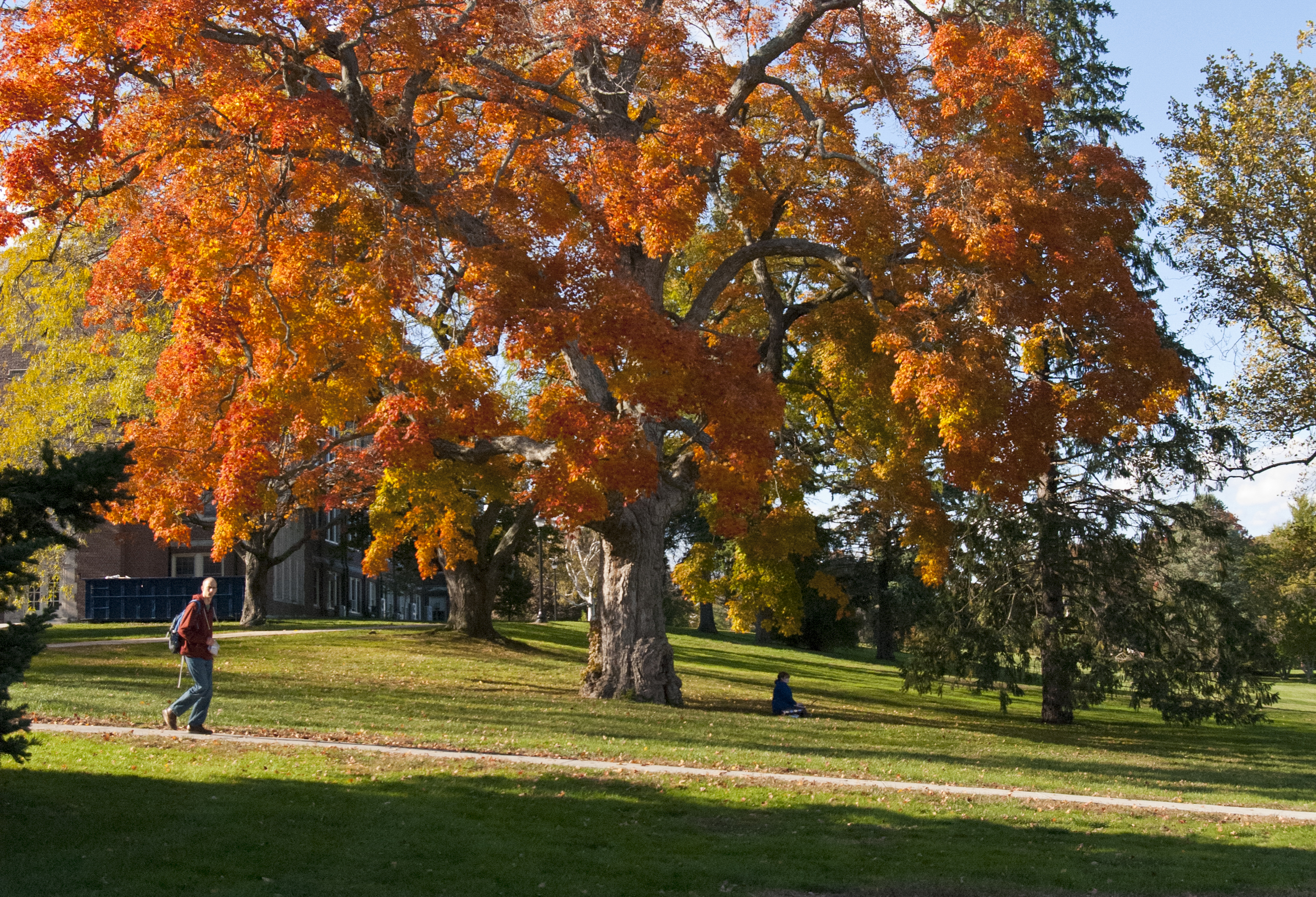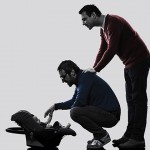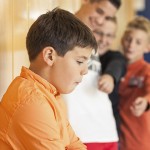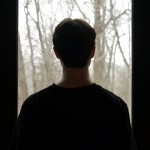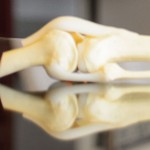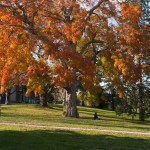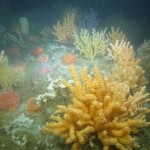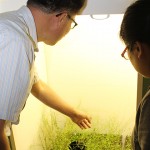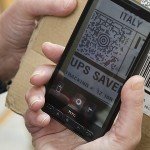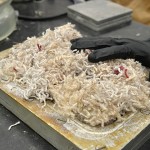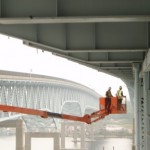With the New Year just around the corner, UConn Today takes a look back at some highlights of 2015. The third of a three-part series focuses on research.
UConn researchers are breaking new ground year-round, through a wide range of projects that solve real-world challenges and help improve the quality of life for citizens of Connecticut, the nation, and beyond.
Researchers in the humanities and social sciences turned their lens on societies and cultures, advancing understanding of family dynamics and the stigma surrounding obesity.
Economically Dependent Spouses More Likely to Cheat
A UConn sociologist found that economic dependency increases the likelihood of infidelity for both men and women, but especially for men.
Negative Findings for Children of Gay Parents Don’t Hold Up to Scrutiny
A sociology researcher debunked a widely cited study arguing that same-sex parents don’t make good parents.
Child Bullies Most Often Pick on Others for ‘Being Fat’
A study led by a researcher in human development and family studies found that in four different countries, ‘being fat’ was perceived as the most common reason children are bullied.
Health researchers offered hope for children with autism and those at risk of severe anxiety, and announced a vision designed to help those in need of a replacement limb.
Autism Recovery – Questioning the Impossible (video)
Research by psychology professor Deborah Fein suggests that some children with autism can overcome the symptoms over time and with intense therapy.
Therapy Can Prevent Anxiety in Children
A UConn Health researcher found a significant decrease in the number of children who developed anxiety after receiving intervention.
Researchers Aim to Regenerate Human Limbs by 2030
UConn launches a major international research initiative in knee and limb engineering.
Life sciences researchers tackled global climate change and its potential impact close to home, while a plant science researcher studied a protein in plants with implications for agricultural productivity and renewable energy.
Climate Change Could Affect Fall Foliage Timing
A century from now, autumn in New England may happen earlier in some places and later in others, according to a new UConn study.
Gardens of Coral Discovered in Gulf of Maine
Scientists discover unknown natural treasure off the coast of New England.
Plant Stem Cell Research May Yield Bigger, Stronger Crops
A plant science researcher is studying a plant protein that plays a key role in biomass accumulation, with potential applications for agriculture and renewable energy.
Research projects in technology and engineering sought to boost cybersecurity, make recycling profitable, and address the problem of aging infrastructure.
QR Codes Engineered into Cybersecurity Protection
Engineers took the ordinary QR code and transformed it into a high-end cybersecurity application that can protect the integrity of computer microchips.
UConn researchers in engineering and business are collaborating to create particle board from waste carpet and bring it to market.
UConn Tests New Repair for Old Bridge Damage
Engineering researchers are studying the ability of an advanced form of concrete to repair bridges damaged by corrosion.
